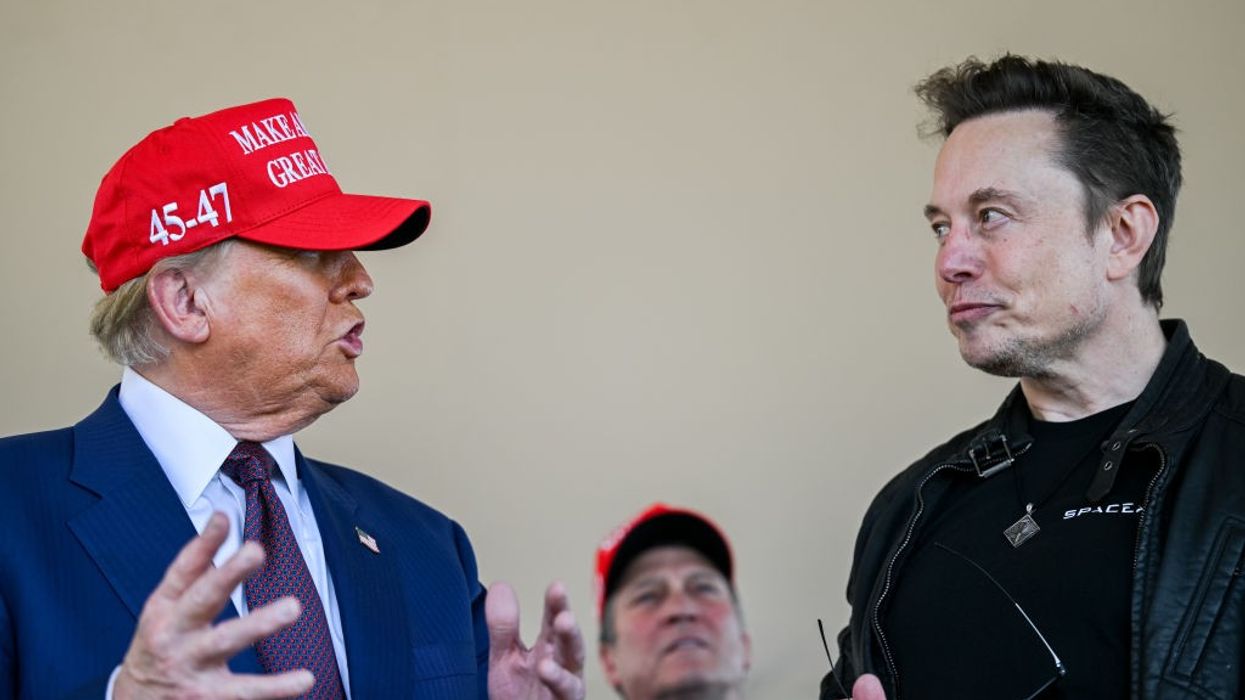US president-elect Donald Trump weighed in last week in a bitter debate dividing his traditional supporters and tech barons like Elon Musk, saying that he backs a special visa programme that helps highly skilled workers enter the country.
"I've always liked the (H1-B) visas, I have always been in favor of the visas, that's why we have them" at Trump-owned facilities, the president-elect told the New York Post in his first public comments on the matter since it flared up.
An angry back-and-forth, largely between Silicon Valley's Musk and traditional anti-immigration Trump backers, has erupted in fiery fashion, with Musk even vowing to "go to war" over the issue.
Trump's insistent calls for sharp curbs on immigration were central to his election victory in November over president Joe Biden. Trump has vowed to deport all undocumented immigrants and limit legal immigration.
But tech entrepreneurs like Tesla's Musk -- as well as Vivek Ramaswamy, who is set to join Musk in co-chairing a government cost-cutting panel -- say the US produces too few highly skilled graduates, and they fervently champion the H1-B programme.
Musk, who migrated from South Africa on an H1-B, posted on his X platform that luring elite engineering talent from abroad was "essential for America to keep winning."
Adding acrimony to the debate was a post from Ramaswamy, the son of immigrants from India, who deplored an "American culture" that he said venerates mediocrity, adding that the US risks having "our asses handed to us by China."
That angered several prominent conservatives who were backing Trump long before Musk noisily joined their cause this year, going on to pump more than $250 million into the Republican's campaign.
"Looking forward to the inevitable divorce between president Trump and Big Tech," said Laura Loomer, a far-right MAGA figure known for her conspiracy theories, who often flew with Trump on his campaign plane.
"We have to protect president Trump from the technocrats."
She and others said Trump should be promoting American workers and further limiting immigration.
'MAGA civil war'
Musk, who had already infuriated some Republicans after leading an online campaign that helped tank a bipartisan budget deal last week, fired back at his critics.
Posting on X, he warned of a "MAGA civil war" over the visas, which he said were critical "for those who want America to win."
Musk swore at one critic, adding: "I will go to war on this issue."
That, in turn, drew a volley from Trump strategist Steve Bannon, who wrote on the Gettr platform that the H1-B programme brings in migrants who are essentially "indentured servants" working for less than American citizens would.
In a striking jab at Trump's close friend Musk, Bannon called the Tesla CEO a "toddler."
Some of Trump's original backers say they fear he is falling under the sway of big donors from the tech world like Musk and drifting away from his campaign promises.
It was not immediately clear whether Trump's remarks might soothe the intraparty strife, which has exposed just how contentious changing the immigration system might be once he takes office this month.
(AFP)





